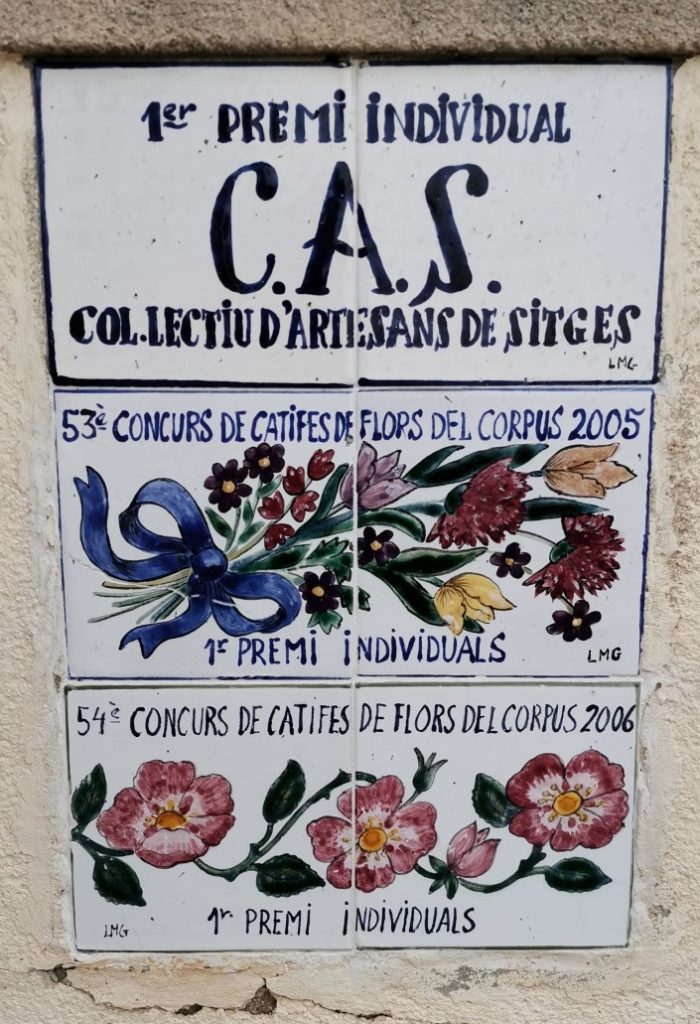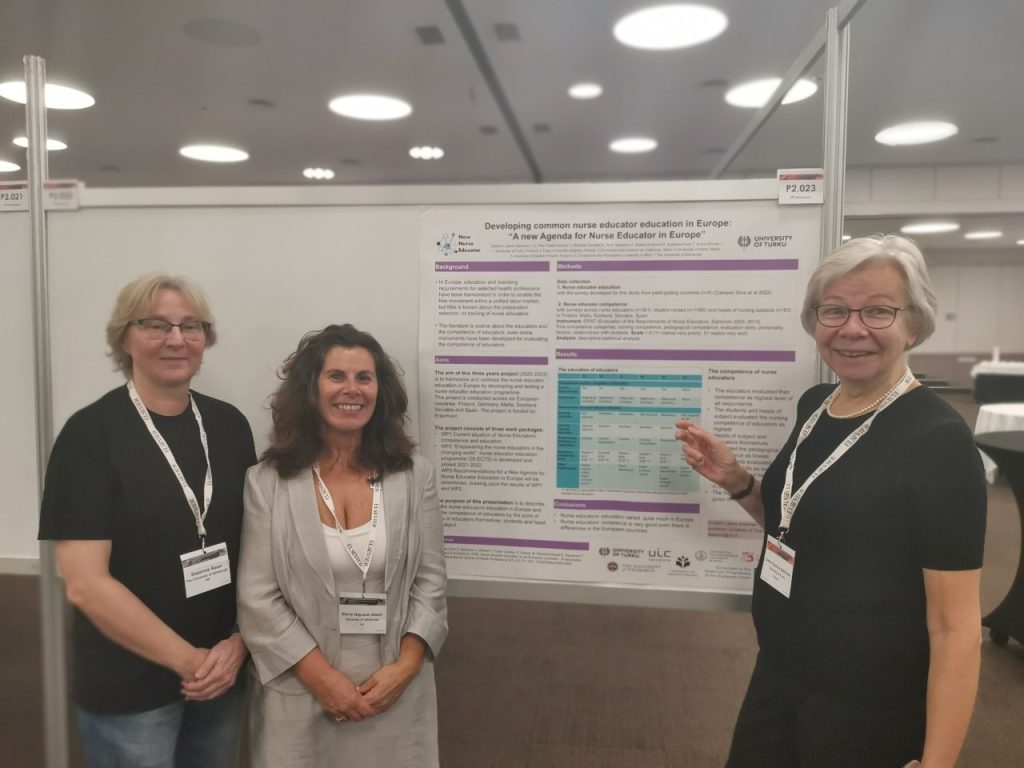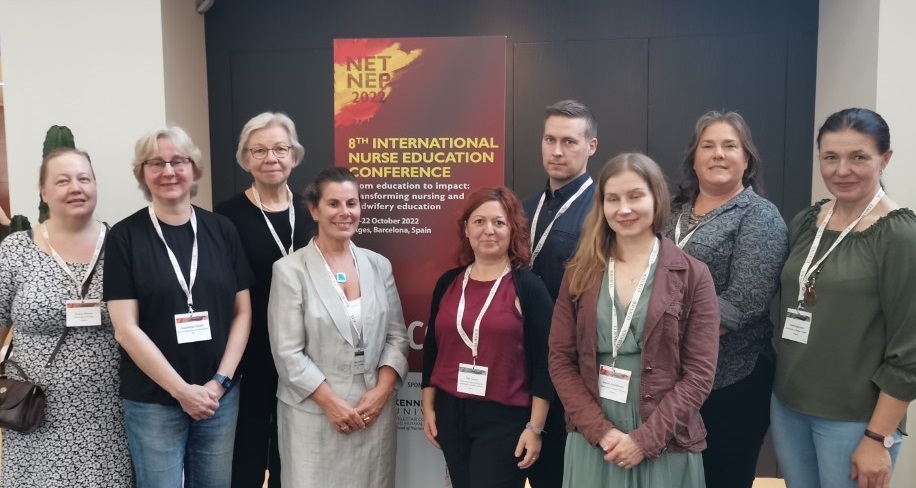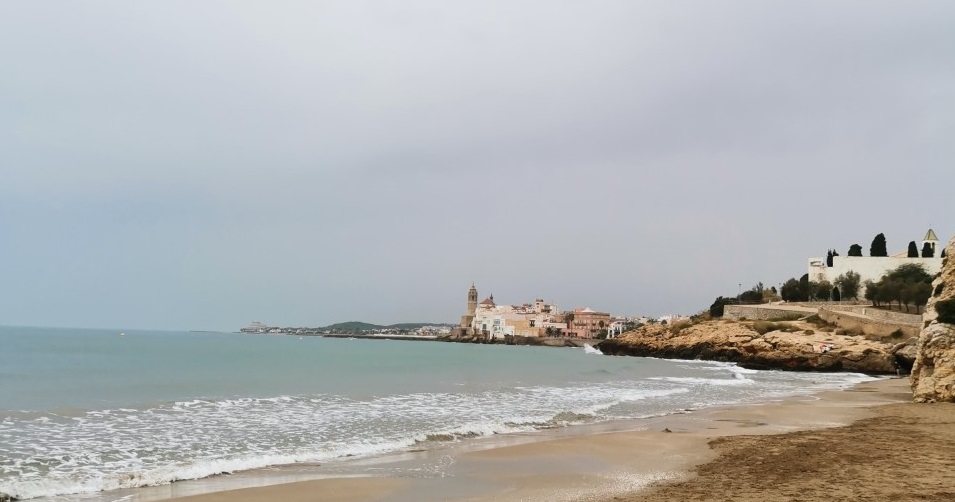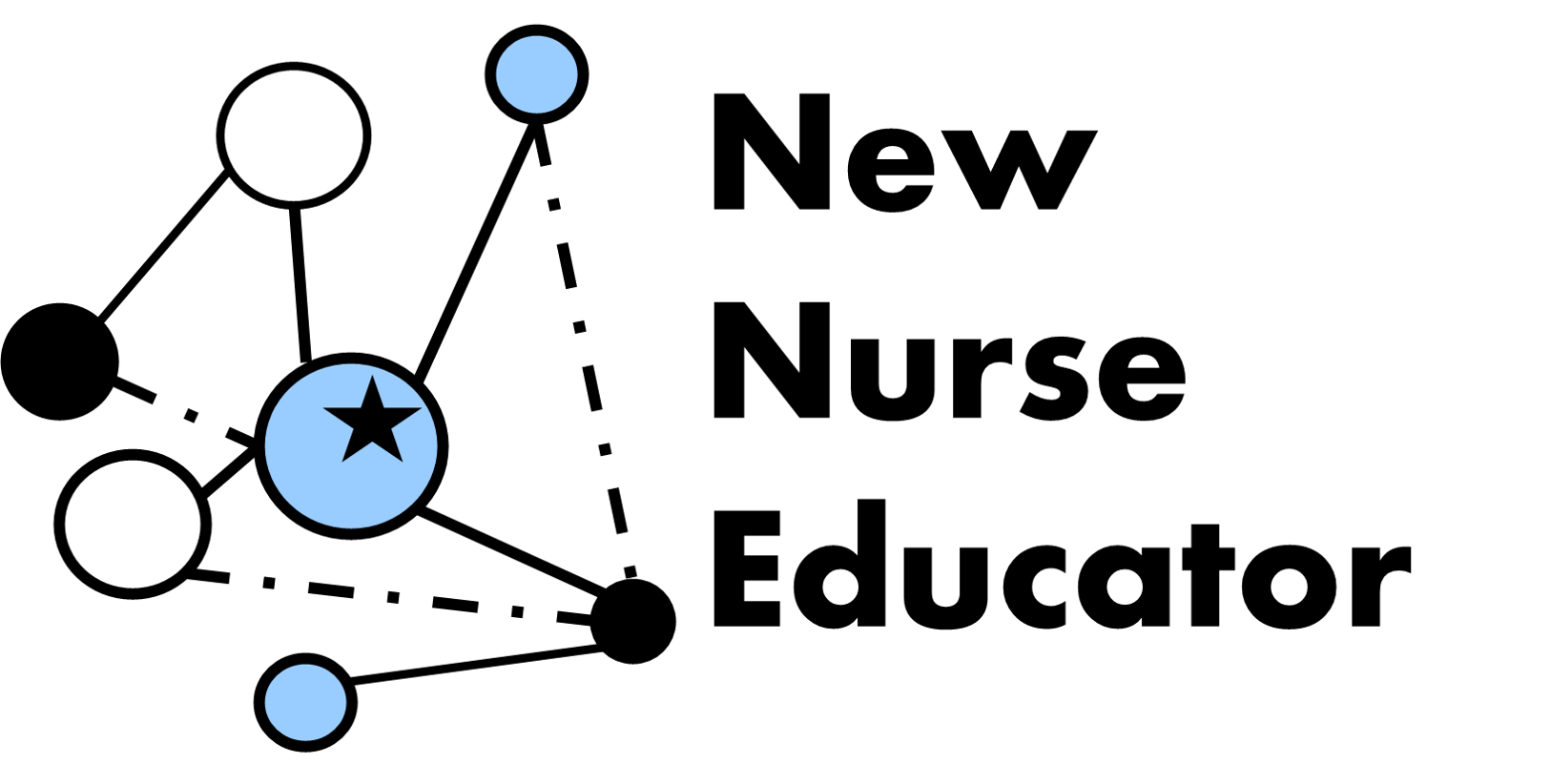Being a nurse educator is not a mundane task. Educators are responsible of assuring the competence of the newly graduated nurses hence there is vast variety of competencies that are required to accomplish that task successfully. The competence areas of nurse educators include pedagogical, research, communication, collaboration and leadership competence, substantial clinical competence, ethical competence and cultural competence. The educators in the field of nursing should also have competence in digital pedagogy. Furthermore, the educators need working life skills, such as self-direction, reflection and life-long learning skills. In addition, the educators’ competence requirements are in constant adaptation to meet the current and future global health issues.
Globalization is yet another challenge the educators especially in field of health sciences are experiencing. The world is changing rapidly, and prevalence of current health issues is estimated to increase due to population growth, aging and relocation. In addition, population growth and environmental issues increase risk of pandemics, such as the COVID-19. Health promotion, disease prevention, supportive environments and efficient, sustainable and equal health care systems within EU are emphasized in EU health program (https://ec.europa.eu/chafea/health/programme/index_en.htm). The nursing education is called to coincide these goals.
Educators have to be creative and innovative to find and develop sustainable methods to guide the students in global learning. Knowledge regarding new health issues is required before the issues have arisen, which means, the educators need constant updating of their own competence and keen interest in innovative thinking to stay one step ahead of the needs of the health care services. Ability to be innovative, requires also knowledge of historical events and understanding of social and cultural factors in regards of health and care.
In spite of the colossal efforts educators make, to stay ahead in nursing education, not all the changes are possible to predict, hence learning in higher education should focus on empowering students in health sciences to cope with the changing demands of the working life. This means, educators should be able to teach and enhance analytical thinking, problem solving, development of professional and social identity and attitudes and encouraging the students to life-long learning from the beginning of their career.
In Finland, nurse educator education as nurse education in general, are regulated. However, that is not the case in Europe. The Bologna declaration was established in 1999 to standardize higher education across Europe yet there is no common regulation for nurse educators. In addition, a recent study comparing graduating nursing students from 10 European countries, found significant differences in the competence of the students. Hence, there is a need to harmonize the educator education to guarantee the equal education of nurses within Europe.
First in Europe, A New Agenda for Nurse Educator Education in Europe (New Nurse Educator) -project aims to take the first steps in harmonizing the nurse educator education within Europe. The New Nurse Educator is an Erasmus+ funded project implemented in collaboration between six countries and seven universities: University of Turku and University of Eastern Finland from Finland, Humboldt University from Germany, University of Malta from Malta, University of Nitra from Slovakia, University of Catalonia from Spain and The University of Edinburgh from Scotland.
The project aims to describe the current situation in nurse educator competence , education and need for continuous education in Europe, to develop, implement and evaluate a transnational educator education unit and make common recommendations for nurse educator education in Europe. This project offers an opportunity for European universities to take the first steps toward a common education program in field of nurse educator education, to harmonize and strengthen the nurse educator education and to guarantee equal education to student nurses in Europe.
Leena Salminen, Project coordinator
References:
- Amerson R. (2020). Using a Global Health Blog to Prepare Nursing Students for Global Nursing Practice. Nurse Educator 45 (2), E13-E14.
- McAllister M & Flynn T. (2016). The Capabilities of Nurse Educators (CONE) questionnaire: Development and evaluation. Nurse Education Today 39, 122-127.
- Kajander‐Unkuri, S., Koskinen, S., Brugnolli, A., Cerezuela Torre, M., Elonen, I., Kiele, V., … & Leino-Kilpi, H. (2020) The level of competence of graduating nursing students in 10 European countries—Comparison between countries. Nursing Open.
- Mikkonen K., Koivula M., Sjögren T., Korpi H., Koskinen C., Koskinen M., Kuivila H-M., Lähteenmäki M-L., Koskimäki M., Mäki-Hakola H., Wallin O., Saaranen T., Sormunen M., Kokkonen K-M., Kiikeri J., Salminen L., Ryhtä I., Elonen I., Kääriäinen M. (2019). Sosiaali-, terveys- ja kuntoutusalan opettajien osaaminen ja sen kehittäminen http://urn.fi/urn:isbn:9789526224794
- Ryhtä, I., Elonen, I., Saaranen, T., Sormunen, M., Mikkonen, K., Kääriäinen, M., … & Salminen L. (2020). Social and health care educators’ perceptions of competence in digital pedagogy: A qualitative descriptive study. Nurse Education Today, 92, 104521.
- Shustack L. 2020. Integrating Google Earth in Community Health Nursing Courses Preparing Globally Aware Nurses. Nurse Educator 45 (2), E11-E12.
- Van Laar E, Van Deursen A, Van Dijk J & de Haan J. 2017. The relation between 21st century skills and digital skills: A systematic literature review. Computers in Human Behavior 72, 577–588.
- WHO (World Health Organization). 2016. Nurse educator core competencies. Geneva, Switzerland: WHO Document Production Services. Retrieved from https://www.who.int/hrh/nursing_midwifery/nurse_educator050416.pdf
- Zlatanovic T., Havnes A., Mausethagen S. 2017. A Research Review of Nurse Teachers’ Competencies. Vocations and Learning 10(2), 201–233.

